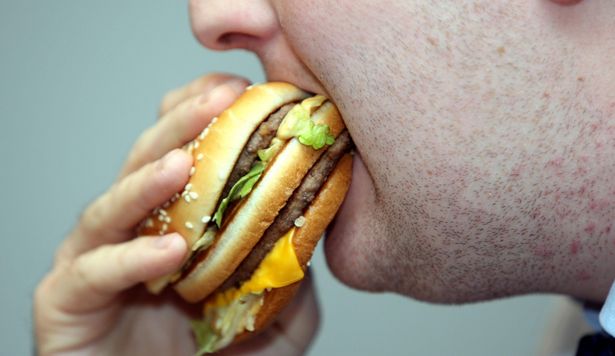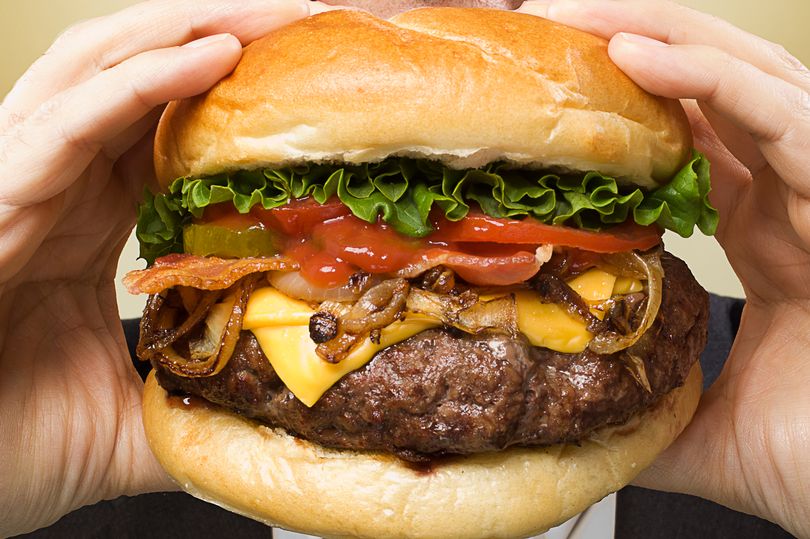Over several decades of trying to rein in our obesity problem, now at epidemic proportions, I’ve felt like throwing the towel in several times.
Why? Because nothing I can do affects the growing trend to bigger and bigger sizes.
It feels like spitting in the wind. Not only are portions getting bigger, but bigger portions are seen as ‘normal’.
Now the problem is so enormous that some experts are saying it needs an international treaty — as with climate change — to curb it, putting particular pressure on very large industrial producers and manufacturers of processed food, known as Big Food.
Processed food producers are guilty of undermining public health policies on a daily basis, say 43 scientists from 14 countries in a report on obesity.
They also say laws are needed to reduce levels of salt and sugar still further in food to force manufacturers to put warning labels on processed foods, and limit marketing to children.
In addition, subsidies to processed food manufacturers must be redirected to schemes that make people healthier.

They suggest that taxes on red meat would improve diets to tackle obesity, reduce greenhouse gases from livestock and free up land for crops.
A quarter to a third of greenhouse gases are due to food manufacturing.
Car-dominated transport systems generate up to a quarter of the gases and encourage sedentary lifestyles.
A food agreement modelled on the World Health Organisation’s framework for tobacco control should exclude the food industry from food policy making and limit the political influence of Big Food.
Professor Bill Dietz, the co-chairman of the commission, says: “Although food clearly differs from tobacco because it is a necessity to support human life, unhealthy food and beverages are not.
“The similarities with Big Tobacco lie in the damage they include and the behaviours of the corporation that profit from them.”
Professor Corinna Hawkes, a member of the commission from City University London, has said: “We are not trying to put the food industry out of business.
“We want it to exist in a different way. We want to see a thriving entrepreneurial food industry that doesn’t lead to common denominators of obesity, climate change and under-nutrition.”
As with the tobacco industry, what we need is a global treaty to restrain food manufacturers from producing products that damage human and environmental health.
Maybe it is time for us to approach Big Food in the same way as we dealt with Big Tobacco, insisting on dramatic warnings on food packaging.

